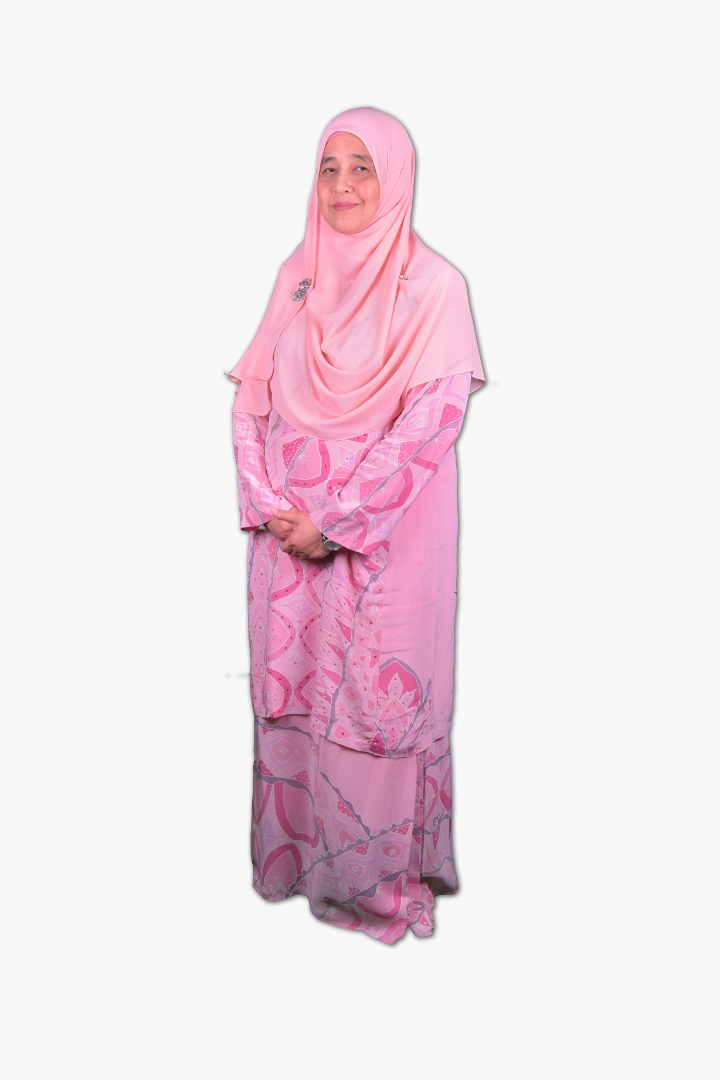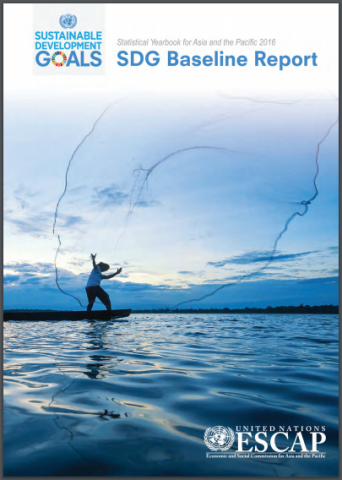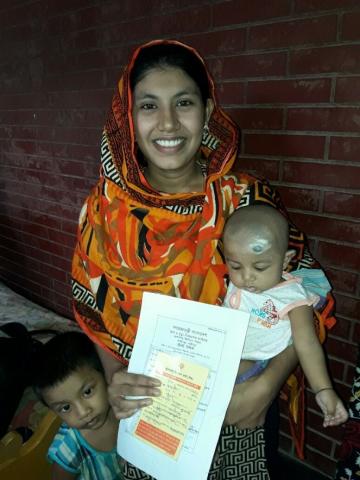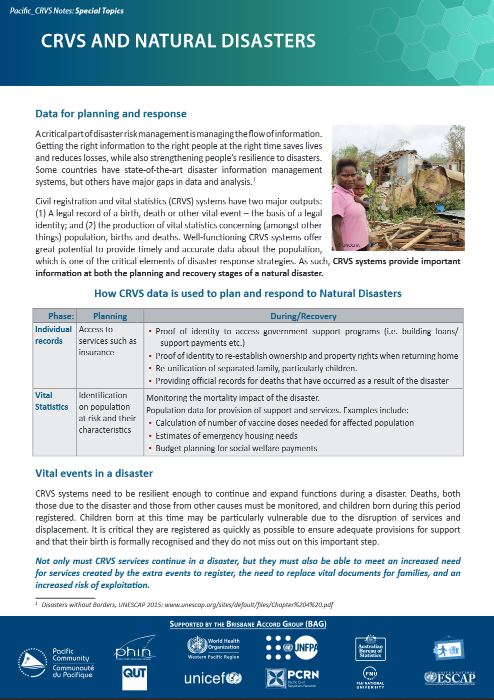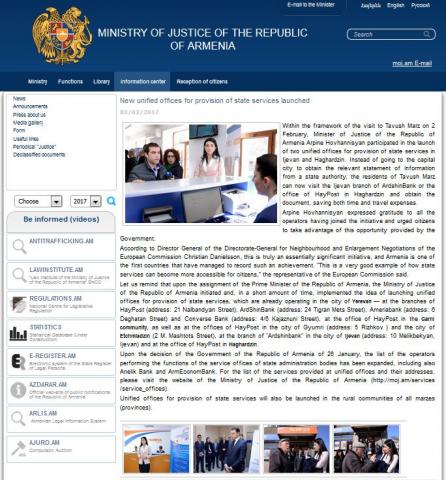Newsletter: CRVS Insight January 2021
CRVS Champion: Ms. Nazaria Baharudin
Each month, our community newsletter puts a spotlight on one person from Asia-Pacific that has gone above and beyond in their efforts to support CRVS programmes, raise awareness of CRVS issues or lead CRVS improvement efforts in their home country. This month we are happy to highlight Ms. Nazaria Baharudin from Malaysia.
What is your current title and role?
Presently, I am the Deputy Chief Statistician, Social & Technical Development Program of the Department of Statistics (DOSM), Malaysia. I am overseeing six Divisions encompassing Population and Demographic Division; Household Income & Expenditure and Prices Division; Manpower & Social Statistics Division; Agriculture and Environment Statistics Division; Methodology Division; and Integration and Data Management Division. In addition, I am also the Chief Information Officer of the Department and the Deputy Commissioner of Census Malaysia 2020 (Strategic Operation) as well as overseeing the Core Team.
Can you please share with us a particular experience which highlighted the importance of CRVS to you?
I assume the present role since February 2017 and CRVS is the responsibility of Demographic Section under the Population and Demographic Division. DOSM in particular has long standing relationship with the National Registration Departments (NRDs). There are three regional offices which include Peninsular Malaysia, Sabah and Sarawak. Offices of NRD Peninsular Malaysia are distributed across all states. The registrations of births, deaths and marriages of non-Muslim are under the purview of the NRDs. DOSM receives records from NRDs via online every month. The records are processed by DOSM to produce Quarterly Demographics Statistics, annual Vital Statistics, Life Expectancy Statistics and annual Statistics of Causes of Death.
Muslim’s records of marriages and divorces are obtained from the State Religious Departments (SRDs) and Syariah Judiciary Department, Malaysia. These records together with the non-Muslim from NRD are processed to produce annual Statistics on Marriages and Divorces. The identity card number has been used in all services provided by the government as well as transactions in the private sector such as banking etc. At DOSM’s level, it is very important to have timely and quality statistics of CRVS. DOSM has been actively involve at all levels and with the stakeholders such as in working groups on data, causes of death as well as training for coding causes of death. Years of engagements with SRDs have been fruitful with first publication on Marriages and Divorces published in 2018.
How are you currently involved in CRVS improvements?
I am overseeing the CRVS activities and the publications. I chair the meeting for finalising CRVS data at programme’s level and publication Committee prior to the release of the publication. I am also a member of Inter Agency Planning Group (IAPG) on Statistics of Births and Deaths and IAPG on Marriages and Divorces. At the national level, I am a member of the Technical Committee on CRVS. Presently, I am one of the Vice Chairs of the Regional Steering Group of CRVS in Asia and the Pacific.
How would you like to see CRVS in Malaysia develop by the end of the CRVS Decade?
Malaysia have a fully functioning CRVS system which comprise registration of births and deaths, issuance of birth and death certificates for NRD and DOSM processes and disseminates vital statistics. It is our hope that we achieve 100 per cent registration of all births and deaths on time. No is left behind.
Which advice would you give to others trying to improve CRVS systems?
Having a good CRVS system not only provide an identity for a person, but will also enable a person to have access to the services provided and for the government to provide the necessary assistance to the target population. It is certainly a worthwhile investment by the government.


